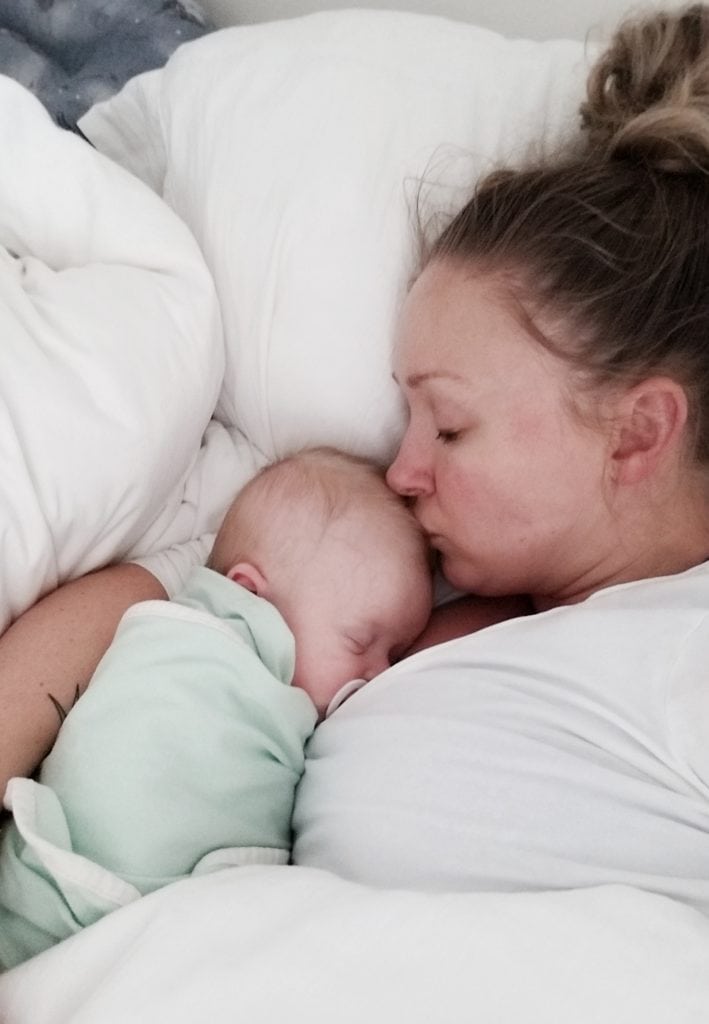
The midwife advised Laura's parents to swaddle her and the nurses' education on normal sleep and crying patterns was perceived as invalidating to the parents' concerns. Laura's parents previously consulted many pediatricians-none of them found an organic cause. Since birth, Laura had been restless, often crying, and inconsolable unless she was carried around by her mother while being comforted. When waking at night, she repeatedly needed parental support for more than 30 min before falling asleep again. She didn't sleep during the day or more than 90 min at night. Laura, 9 months old, had had severe sleep problems since birth. Laura's mother sought help desperately stating: “Nobody listens, but there is something wrong with Laura and I cannot take it anymore!”. This perspective warrants further investigation. Experience with this treatment program suggests that a day-clinic setting facilitates interdisciplinary and integrative multi-method intervention, infant and parental stress reduction and integration of parental self- and co-regulatory skills in daily family life, improving overall outcomes. Clinicians then use established therapeutic modalities to support parental self- and co-regulatory skills which is important for the development of self-regulation in the infant. This stress reduction restores parent–infant connectedness and parental learning and reflecting capacity. It offers a therapeutic climate based on forming a triangle of co-regulation between clinician, parent and infant to first help the parent and the infant settle down. We describe an infant mental health day-clinic treatment, drawing attention to this viable future direction. Treating clinicians may encounter limitations of home-visits, outpatient, and pediatric residential settings when working with families in distress. Clinical practice needs interdisciplinary and multi-method interventions focusing beyond regulatory problems of the infant but also on parental self-regulation and parent's co-regulatory responses toward the infant. The source and the impact of these persistent regulatory problems is often not restricted to the infant, but extends to the parents and the parent–infant relationship. Although usually benign and self-limiting, persistent crying, and sleep problems exceeding 6 months of age need attention as they may impair the mental health of the infant and its family. 4Health Psychology Research Group, University of Leuven, Leuven, BelgiumĮxcessive crying and sleep problems affect up to 30% of infants and often coexist.3Department for Welfare, Public Health and Family, Flemish Government, Brussels, Belgium.

2Faculty of Medicine, University of Leuven, Leuven, Belgium.



 0 kommentar(er)
0 kommentar(er)
